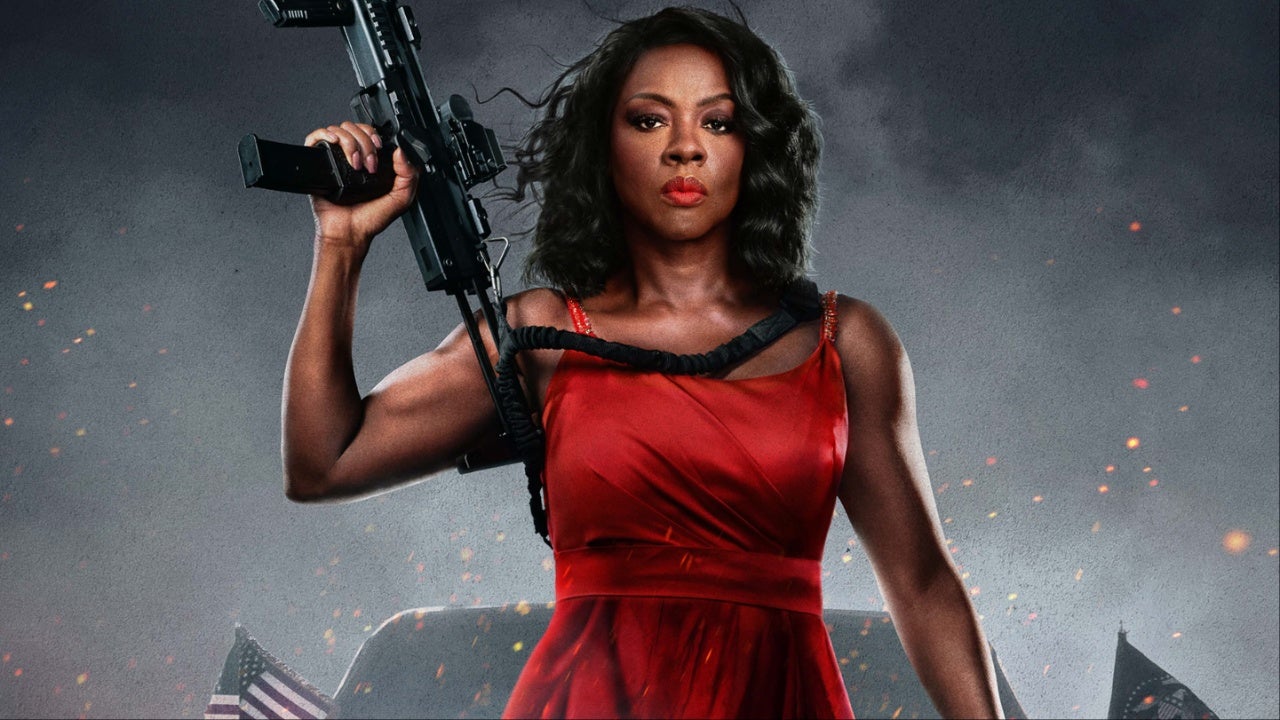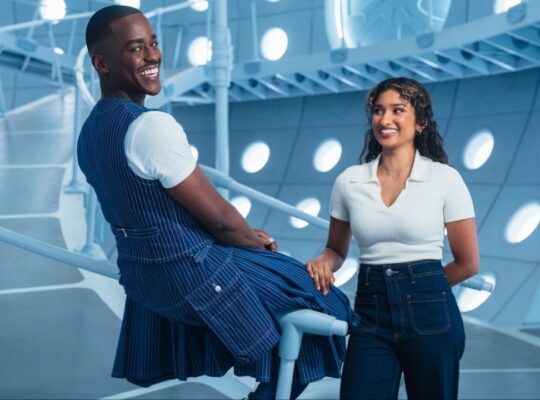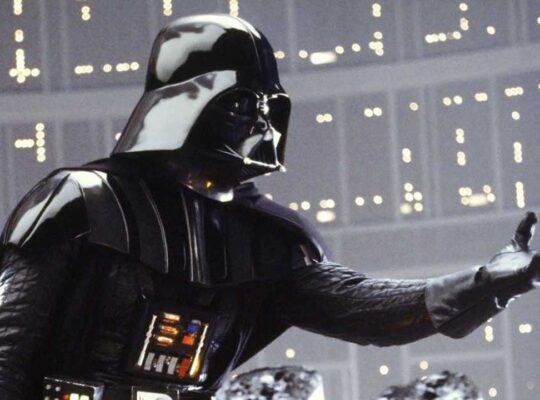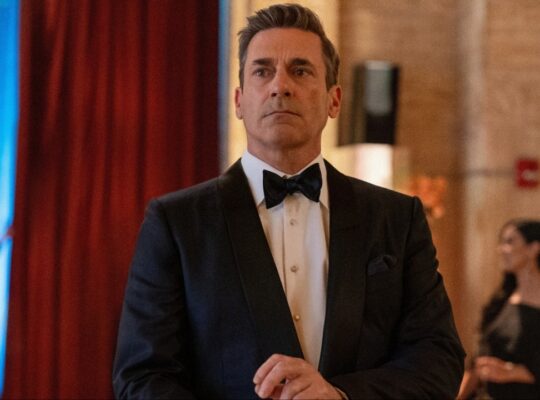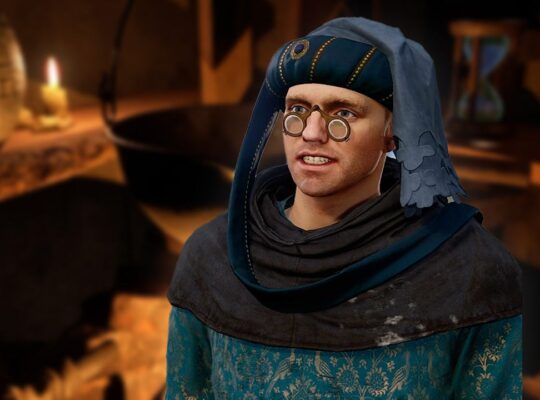
Plenty of actors can be plugged into the time-honored tradition of knocking off Die Hard. But it takes a particular gravity to be convincing in the subcategory of presidential-themed Die Hard knockoffs, popularized by Harrison Ford in Air Force One and franchised by the Has Fallen movies and TV shows. Like Ford, G20 star Viola Davis is a physically capable actor whose presence is nonetheless more important than her action-hero chops; it’s not so much that they can both issue convincing beatdowns (though they can) so much as the implicit threat behind their glowering looks.
G20 struggles mightily to give Davis a platform for those looks and beatdowns. She plays President Danielle Sutton, seemingly still early in her first term and on shaky ground with the sniping, backbiting press. (Even in terms of wish-fulfillment, apparently treating journalists like anything more than gullible antagonists is a fantasy too far for the script’s four credited writers.) While attending the G20 economic summit in Cape Town, South Africa, she finds herself in the crosshairs of a terrorist named Rutledge (Antony Starr), who takes the world leaders as hostages and uses deep-fake videos to crash the world’s markets while enriching himself. This isn’t one of those movies where the bad guy is meant to be empathetic, but given that President Sutton’s big initiative for solving world hunger sounds suspiciously like a crypto scam, maybe Rutledge has a point about not trusting any of these people.
Regardless, President Dutton doesn’t take this attack lying down, especially knowing that her husband Derek (Anthony Anderson, trying to banish his comic-actor rep with some scowls of his own), rebellious daughter Serena (Marsai Martin; yes, the president has apparently commandeered part of the family from Black-ish), and nondescript son Demetrius (Christopher Farrar) are also in danger. She uses her old military training, and her close partnership with her loyal Secret Service agent Manny (Ramón Rodríguez), to evade capture while punching, kicking, or shooting any terrorists who get in her way. In one of G20’s best details, Sutton has already surreptitiously swapped her red heels for red sneakers underneath the elegant, matching gown she’s wearing – which itself gets torn and used as a makeshift resource along the way.
There’s a bald attempt to enshrine these moments as instantly iconic, as if director Patricia Riggen is trying to reverse engineer a bunch of “Get off my plane!”s. This makes G20 seem painfully self-conscious, yet simultaneously not self-aware enough to be genuinely funny. Once every 10 or 15 minutes, it will stumble into a state of dopey throwback bliss: a hulking henchman approaches Davis and menacingly intones “Let’s dance, Madame President” before they fight, or the classic, ‘90s-thriller touch of making teenage Serena an ace hacker. But these moments fade fast, with followthrough that rarely matches the campy setup.
The actual action scenes, meanwhile, are often choppy. At one point, director Riggen cuts to a wide overhead shot of a skirmish, and pivots the camera 90 degrees, seemingly aware that this is a popular move in action cinema without necessarily knowing why. (Typically, that kind of camera move follows a flipping body, rather than spinning its wheels from above).
G20 isn’t just another streaming movie that feels designed to be half-watched; at times, it only feels half-made, too. Clark Gregg, for example, has a pointless role as Sutton’s VP – like Anderson, he seems to be there to reassure the audience that men can be good at their jobs, too. Back at the White House, Gregg reacts so generically to various developments in Cape Town that it feels like anything could be playing on the screens he’s monitoring. All but the least demanding audiences may react the same way to G20 itself.


